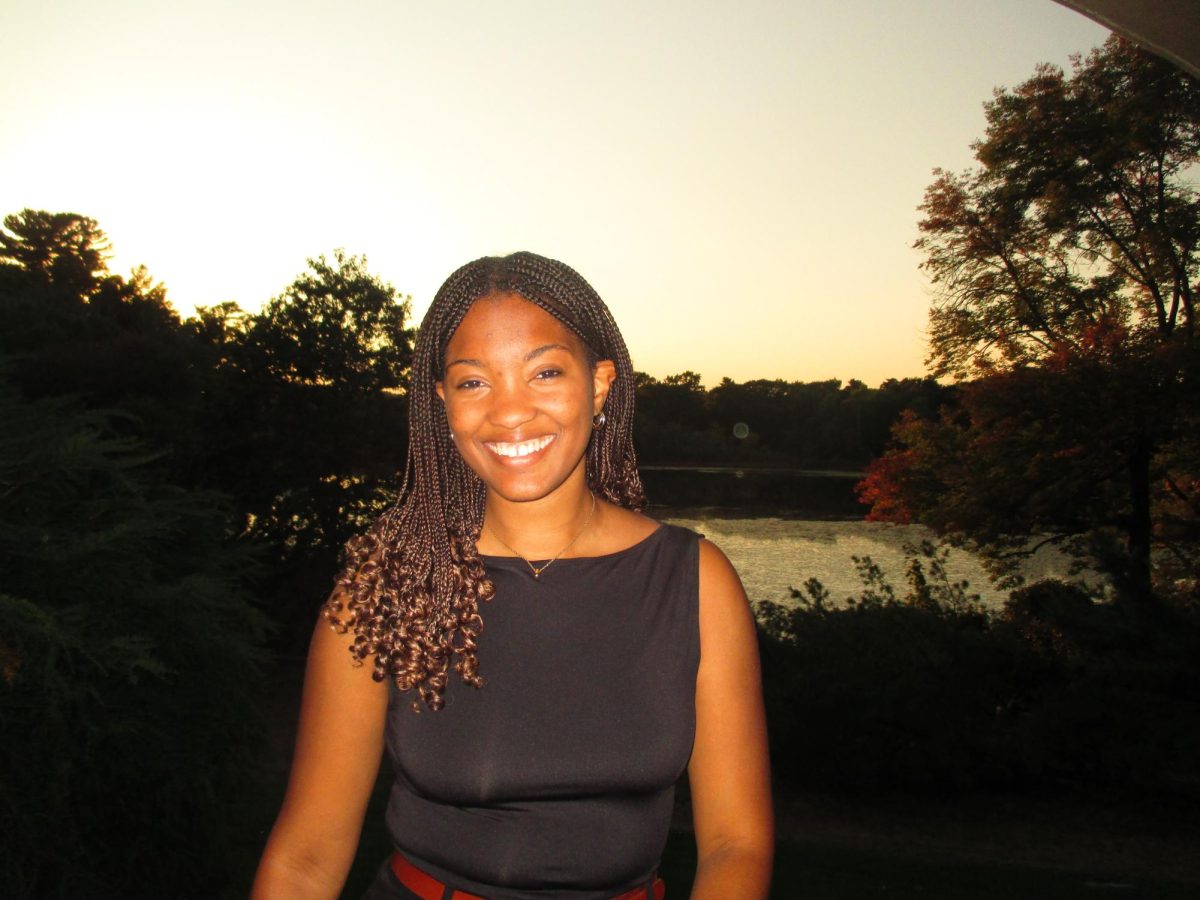In a small campus filled with curious, politically-minded students, information spreads efficiently and quickly, filling dining halls with new debates, clogging Facebook with impeccably written dissertations. Consequently, Wellesley students cannot live on campus for four years without engaging in some kind of political or social activism; many of us fight for equal racial or gender rights, peace or environmental policy at some point in our Wellesley careers, and our activism inevitably bleeds into our relationships, habits, academic papers, hobbies and future prospects.
Needless to say, many of our reporters at The Wellesley News are also passionate activists. It is difficult enough to separate activism from other aspects of our lives, but at a small campus like Wellesley, where activists become journalists and vice versa, how do we reconcile objectivism with advocacy? When activism collides with campus journalism, student reporters gain the power to control the tempo and tune of campus debate through their writing. This raises the question of implicit left-leaning bias within our paper, and the ethics of bolstering activism in lieu of objectivity. Conversely, the small size and accessibility of our campus create a herd mentality in which students find it difficult to express dissent.
By extension, The Wellesley News might adhere to common opinion more than it should, not representing facts in a manner that would challenge the way students think. As both activists and journalists, it is necessary for us to promote inclusiveness, and even sacrifice advocacy in favor of validating voices of dissent. Furthermore, we must bring to forefront perspectives deviating from general opinion and seek to inform and educate instead of simply affirming what everybody else knows.
In today’s world of Twitter and blogging, anybody can pick up their smartphone and disseminate news in a manner they see fit. The flood of information makes it difficult to distinguish between amateur and professional journalists, or between those who try to present facts and those who pursue their own agenda. Wellesley itself has several social media outlets on Facebook, Twitter, Yik Yak and various Tumblr sites, where dominant views hold reign over all else: pro-choice, gay rights, liberal feminism, socialism and transgender rights. Our duty is to respect the opinions of every group on campus, no matter how progressive or conservative. It is important to remember that all political viewpoints are useful in forcing us to think and reflect on our modern state of affairs, and each side has valuable points to offer to an ongoing dialogue about progress. For instance, a recent email regarding canvassing for presidential candidate Senator Marco Rubio was met with jeers from the community at large, though our community supposedly encourages grassroot political action. Hasty retaliation is the kind of discourse we wish to avoid at Wellesley; criticism of any political movement should be coupled with respect for those who disagree.
The Wellesley News should seek to rectify censure of free speech on campus and avoid becoming a more formal version of Yik Yak; as both journalists and activists, we pride objectivity above all else but tend to forget our duty to inform as well as advocate. The Wellesley News website receives over a thousand views per article, a great achievement considering our remote location and small campus, and each one of us in the Wellesley News staff has received comments regarding our articles from students, professors, parents and alumnae. Our articles have been published outside of Wellesley at neighboring universities. Even if we as journalists do not create immediate impact, we add to the discourse on campus and highlight pertinent issues that are often neglected. Now is the time to take advantage of the clout we have achieved and aim for goals loftier than reiterating the same opinion as everybody else on campus.
As a small college, our experiences with journalism are unique in the sense that we cultivate more intimate connections with other reporters and students but struggle to transcend normalized opinion. When the student body approves of certain policies that are congruous with the dominant view, the News reports the event with celebratory diction. We laud policy changes as “progressive milestones” and compliment them, blurring the lines between activism and journalism. We must strive to cover events with more objectivity, placing our majority bias aside and respecting the integrity of the occurrence.
Indeed, we should appreciate the efforts of minority groups more and encourage their activism even if we disagree with their beliefs personally. After all, conflicting opinions enrich our discussions. The diversity of opinions held by our various political, religious and social organizations ought to be celebrated rather than ridiculed. Recognizing our own subjectiveness is the first step towards balanced reporting.







